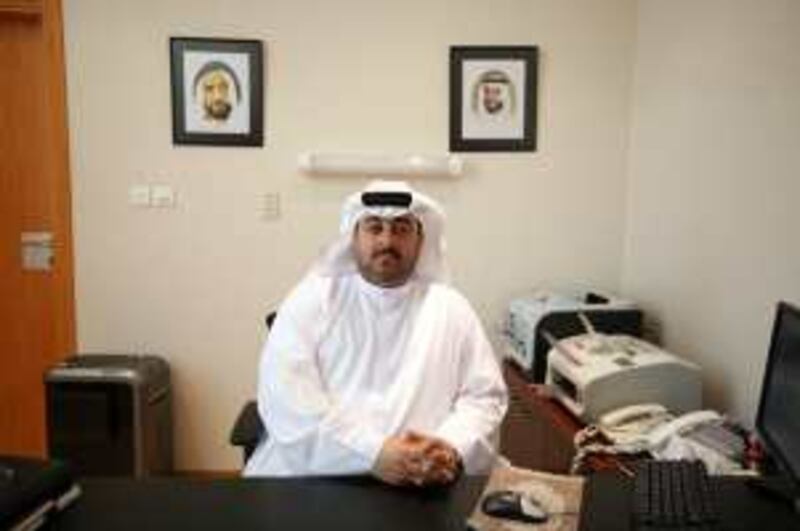ABU DHABI // Law enforcement and rehabilitation officials are concerned about a rise in drug-related crimes and addiction as the country's population and wealth increase. Nationally, the number of drug crimes rose to 1,487 in the first 11 months of 2008 from 1,279 in all of 2007, according to the Ministry of Interior. No full-year figures for 2008 are available. At least 497 drug cases were registered at the airports last year.
In Abu Dhabi, there were 198 cases from January to October last year, according to the latest statistics released by the ministry. A total of 248 cases was registered in 2007. Lt Col Hassan al Shamsi, head of the ministry's anti-narcotics department, said the increase was "proportional to the increase in population and flow of passengers and goods in and out of the country". "The UAE, due to its geographical location, is a trans-shipment point for drugs."
Gregory Bunt, medical director at the New York University School of Medicine told a medical conference in Abu Dhabi on Sunday that as the country continued to modernise and expand, its vulnerability to drugs and addiction would increase. "As any city develops and has more wealth and visitors from around the world, the access to drugs becomes greater," he said. "People come and introduce drug-taking behaviour, and the wealth here provides the opportunity to buy those drugs."
Hamad al Ghaferi, director-general of the National Rehabilitation Centre, said the organisation was working to collect data and conduct studies to help further understand the nature of addiction and which groups of people were particularly at risk in the UAE. The centre treats nationals only. Lt Col al Shamsi said 50 nationalities were involved last year in drug use, possession and trafficking, though he did not give the number of people involved.
The quantities seized in the country last year included 1,013kg of hashish, 379kg of heroin and 23kg of opium. In 2007, authorities confiscated 858kg of hashish, 177kg of heroin and 9kg of opium. In Dubai two men, an Emirati and a Pakistani, were recently charged with drug use and trying to conceal a crime after tests showed their friend, an Emirati, had died of a heroin overdose four hours before they left him at a hospital.
The public are urged to report any information on the illegal-drug trade by calling a toll-free number, 8004654. "We would like to assist individuals involved in drug use by providing treatment and rehabilitation support so they could be reintegrated into society," Lt Col al Shamsi added. A federal anti-narcotics and psychotropic substances law states that penal action shall not be brought against a drug addict who voluntarily submits himself to a rehabilitation treatment unit or public prosecution requesting treatment, but that the addict must remain in the treatment unit.
The period of treatment and rehabilitation has a limit of three years. This provision does not apply to addicts who fail to hand over any drugs in their possession. Meanwhile, the International Society of Addiction Medicine yesterday presented Sheikh Mansour bin Zayed, Minister of Presidential Affairs, with its shield of honour in recognition of his efforts supporting addiction treatment programmes. A society delegation is visiting the UAE, according to the state news agency, WAM.
rruiz@thenational.ae jhume@thenational.ae






